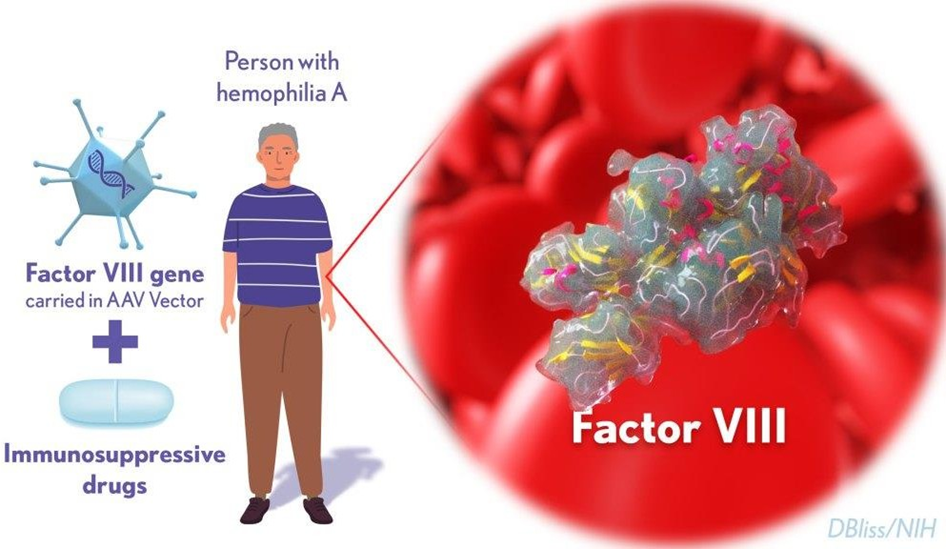The part of the female reproductive cycle that begins at the end of menses and ends at ovulation is:
Menopause
Menarche
The follicular phase
The luteal phase
The Correct Answer is C
A. Menopause is the cessation of menstruation and marks the end of the reproductive years.
B. Menarche is the onset of menstruation and does not describe a phase of the menstrual cycle.
C. The follicular phase begins at the end of menses and ends at ovulation. During this phase, follicles in the ovaries mature, and one dominant follicle is selected for ovulation.
D. The luteal phase follows ovulation and ends with the start of menses. During this phase, the ruptured follicle transforms into the corpus luteum, which secretes progesterone to prepare the uterus for potential implantation of a fertilized egg.
Nursing Test Bank
Naxlex Comprehensive Predictor Exams
Related Questions
Correct Answer is A
Explanation
A. Hemophilia A: Hemophilia A is caused by a deficiency of factor VIII, leading to problems with blood clotting.

B. Hemophilia B: Hemophilia B is caused by a deficiency of factor IX, not factor VIII.
C. Christmas disease: Christmas disease is another name for Hemophilia B, which is caused by a deficiency of factor IX.
D. Sickle cell disease: Sickle cell disease is a genetic disorder affecting hemoglobin, not a clotting factor deficiency.
Correct Answer is C
Explanation
A. Explain disease course and expected signs and symptoms to the family. While education is essential, it is not directly related to addressing the acute pain associated with thrombotic crisis.
B. Check peripheral pulses, color, and temperature of extremities every 30 hours. This intervention is important for assessing peripheral perfusion but may not directly address the acute pain associated with thrombotic crisis.
C. Reposition the client, paying close attention to proper body alignment. Repositioning the client to ensure proper body alignment can help alleviate pressure points and discomfort associated with thrombotic crisis.
D. Provide active range of motion (ROM) every 2 hours. While ROM exercises are important for preventing complications such as joint stiffness, they may not directly address the acute pain associated with thrombotic crisis.
Whether you are a student looking to ace your exams or a practicing nurse seeking to enhance your expertise , our nursing education contents will empower you with the confidence and competence to make a difference in the lives of patients and become a respected leader in the healthcare field.
Visit Naxlex, invest in your future and unlock endless possibilities with our unparalleled nursing education contents today
Report Wrong Answer on the Current Question
Do you disagree with the answer? If yes, what is your expected answer? Explain.
Kindly be descriptive with the issue you are facing.
